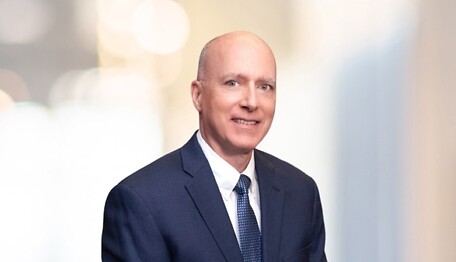Following Precedent Forces Alabama Court to Follow Outdated Law
In Myers v. Alfa Mut. Ins. Co., No. CL-2024-0010, 2024 Ala. Civ. App. LEXIS 119, the Court of Civil Appeals of Alabama (Appeals Court) issued a per curium opinion addressing whether the trial court properly awarded damages for loss-of-use for an irreparable, privately owned vehicle. Finding that it had to follow prior precedent from the Supreme Court of Alabama (Supreme Court), the Appeals Court reversed the trial court’s decision.
In Myers, Amy Gray was driving a vehicle owned by Jeffrey Gray (Gray) and insured by Alfa Mutual Insurance Company (Insurer). A vehicle driven by Patricia Myers (Myers), collided with the Grays’ vehicle and Gray filed a claim with Insurer. Insurer paid Gray a total of $12,035.69, including $532.69 for the rental cost of the vehicle Gray used for a time after the accident. Insurer then commenced a subrogation action against Myers seeking to recover the full amount it paid to Gray. After the trial court awarded Insurer $12,035.69, Myers appealed, arguing that the trial court erred in awarding the $532.69 to Insurer for the rental vehicle because the Gray vehicle was privately owned, and not a commercial vehicle.
Until 2012, the measure of damages for property loss when a vehicle was so damaged that it could not be repaired was limited to value of the vehicle immediately before the collision, less its salvage value, if any. The Appeals Court recognized that, in 2012, the Supreme Court modified the rule for commercial vehicles, adopting the so-called “modern approach” to make loss-of-use damages available when the accident at issue destroys a commercial vehicle. The Supreme Court, however, did not change the rule with respect to totally destroyed, privately owned vehicles.
Feeling that it had follow precedent, the Appeals Court reversed the trial court’s award of damages for loss-of-use and held that the trial court erred when it awarded the $532.69 to Insurer. Of note, however, although the Appeals Court issued the decision per curium – meaning “by the court,” which refers to a decision issued collectively by the court, rather than being authored by a specific judge – all of the judges involved in the decision signed onto a concurring opinion. The concurring opinion asked the Supreme Court to permit the recovery of loss-of-use damages in cases involving privately owned vehicles.
In light of the concurring opinion, it remains to be seen whether the Supreme Court (or the legislature) will address the recovery of loss-of-use damages for privately owned vehicles in this context. However, until then, subrogating insurers in Alabama should be aware that even if they pay loss-of-use damages for a totally destroyed vehicle, they may not be able to recover such damages.
PRACTICE AREAS
Practice Areas
KEY ATTORNEYS
-
Counsel

